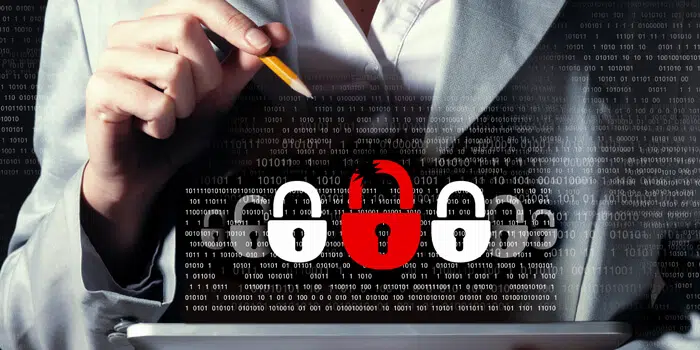Assessing Cybersecurity Under CMMC: The First Step on the Path to Compliance
As a defense contractor pursuing cybersecurity compliance, there’s no better place to start than with an assessment. It’s important to know your real posture against CMMC 2.0 requirements as it provides a clear list of actionable items that will structure your path to compliance. […]
Assessing Cybersecurity Under CMMC: The First Step on the Path to Compliance Read More »








